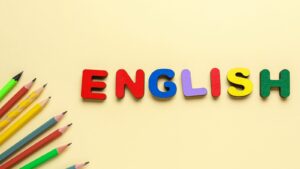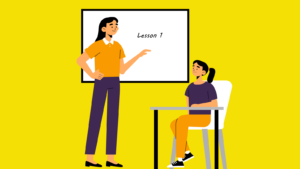The Critical Mindset
If you’re taking the time to read this, then I doubt you’re the sort of teacher who thinks there’s one best way to teach and one best way to learn.
If you agree with me on that, then you might also agree that a lot of the pre-defined formulae for ‘critical thinking’, typically represented in fancy diagrams that somehow ‘guarantee’ that you’ll tick this or that box for ‘effective learning’, won’t get you very far.
In my column, I will explore some of the mindset for Critical Pedagogy. Only some. You will absorb these ideas differently to the next person reading this. You will understand this based your culture, your history, your story, your education and your personality.
It might make you a better teacher immediately because you might have a lightbulb moment and change some of the things you do and learn from those changes. It might not make you a better teacher immediately because you might need time to digest these ideas, read further and decide what it all really means to you.
Education, and language education, is inseparable from social reconstruction. When we ‘educate’, we change. We remove barriers to understanding, we create conditions for the development of knowledge and, most importantly, we shape belief systems. Education does some very wonderful, albeit unnoticed things every single day, everywhere.
Yet all too frequently we talk about the failures of education, and analyse what has broken and not what can be built. Even when we speak critically of education, we slip into criticism or adopt very extreme rhetoric, which ultimately denies access to the critical thinkers who aren’t at that extreme. Even critical discourse creates its own elite.
If critical discourse is to foster any real change in the way we teach and think about teaching, its theory and practice needs to become more accessible, with words that are simple enough yet not too simple.
I don’t think that critical discourse has a general grammar system; there’s no prescription for how to do it right. It does however have a vocabulary system. This is Paulo Freire’s profound contribution to education, making this vocabulary known, accessible and creating educational cultures that continue to widen these circles of accessibility. Freire believed very deeply in ‘naming reality’ because once people have those tools to transform everyday talk into intellectually responsible dialogue, the capacity for ideas to have impact becomes infinite. I’d like to go back to the vocabulary and to talk through these words so that you can discover a local grammar for these ideas, and shape a discourse that is meaningful to you, your classroom and your community.
The texts we chose for our classrooms, whether they’re ones we read or listen to or speak, all have grounding in a system of values. These values are inescapable. Even the most ‘neutral’ classroom input can be deconstructed in terms of how it is presented, where and with what sort of agenda for understanding. Whether or not it requires deconstruction is another issue but the non-neutrality of a classroom space is perhaps the most useful starting point for approaching Critical Pedagogy.
Critical Pedagogy tries to build the gap between the human condition and human agency, in education. Simpler yet, it makes us care and takes that sense of caring to a very deep level of engagement, which then awakens the energy to act upon these things that we care about. Not everyone has to care about the same thing, not everyone needs to act in the same direction but surely everyone needs to care. And surely the best use of our ability to combine intellectual processes with social ones, which distinguishes us as human beings, is towards bettering the world we live in and the people we share it with?




